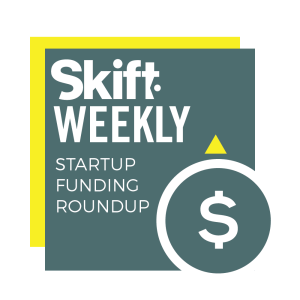Fly Now Pay Later Raises $42 Million for Loans: Travel Startup Funding This Week

Photo Credit: A view from The Edition hotel in Barcelona. European travelers can pay for trips in monthly installment payments thanks to Fly Now Pay Later. Marriott
Skift Take
Uplift and Affirm have seen gains from installment payments for travel purchases in the U.S., and the London-based startup Fly Now Pay Later wants to apply the model in Europe. The concept could help cash-strapped people resume trips.



